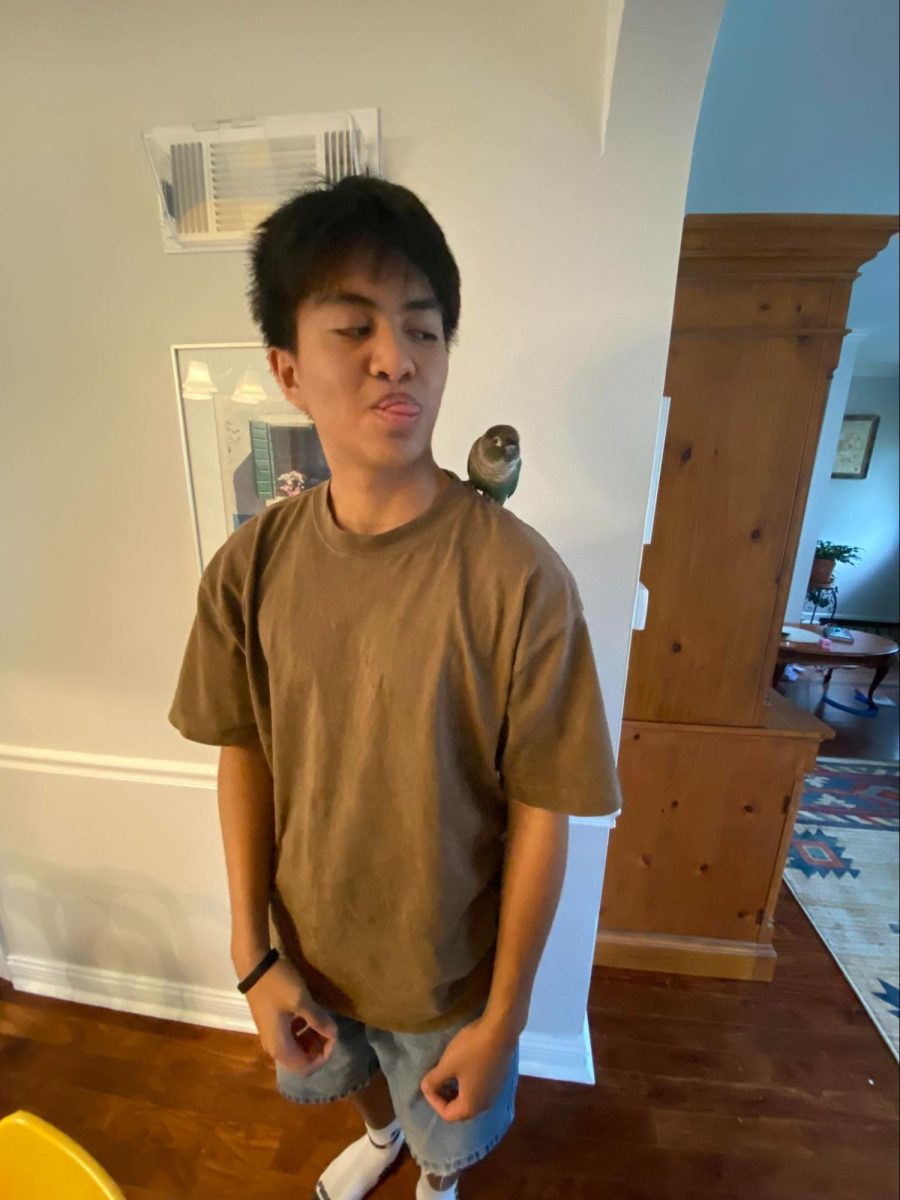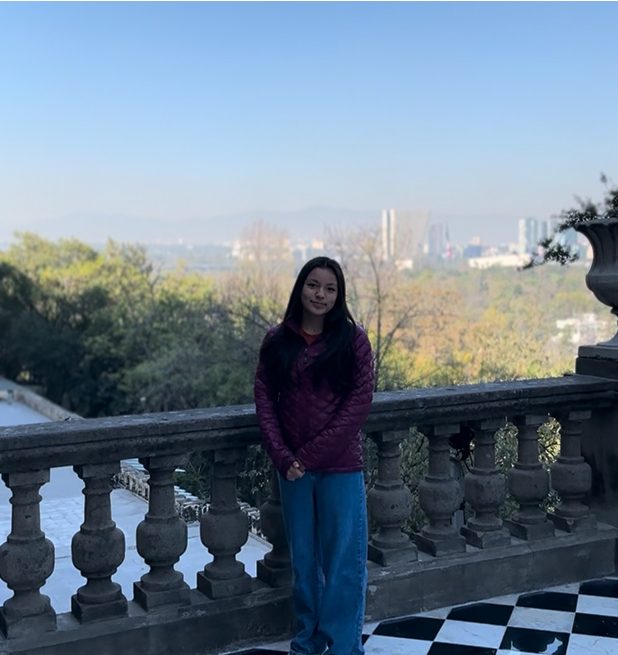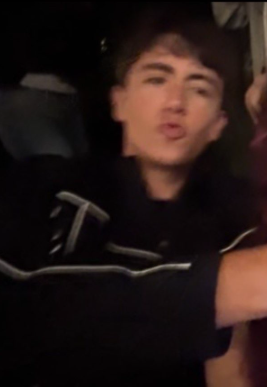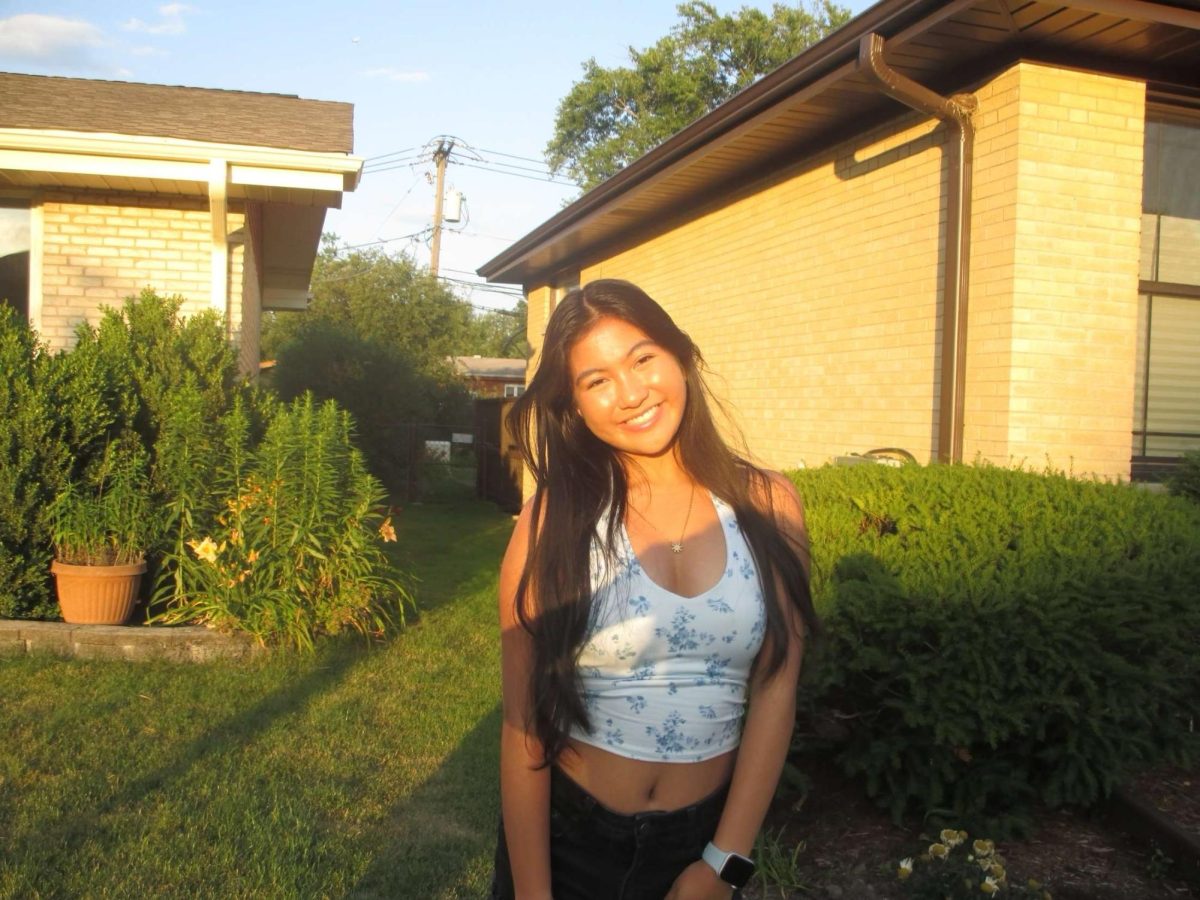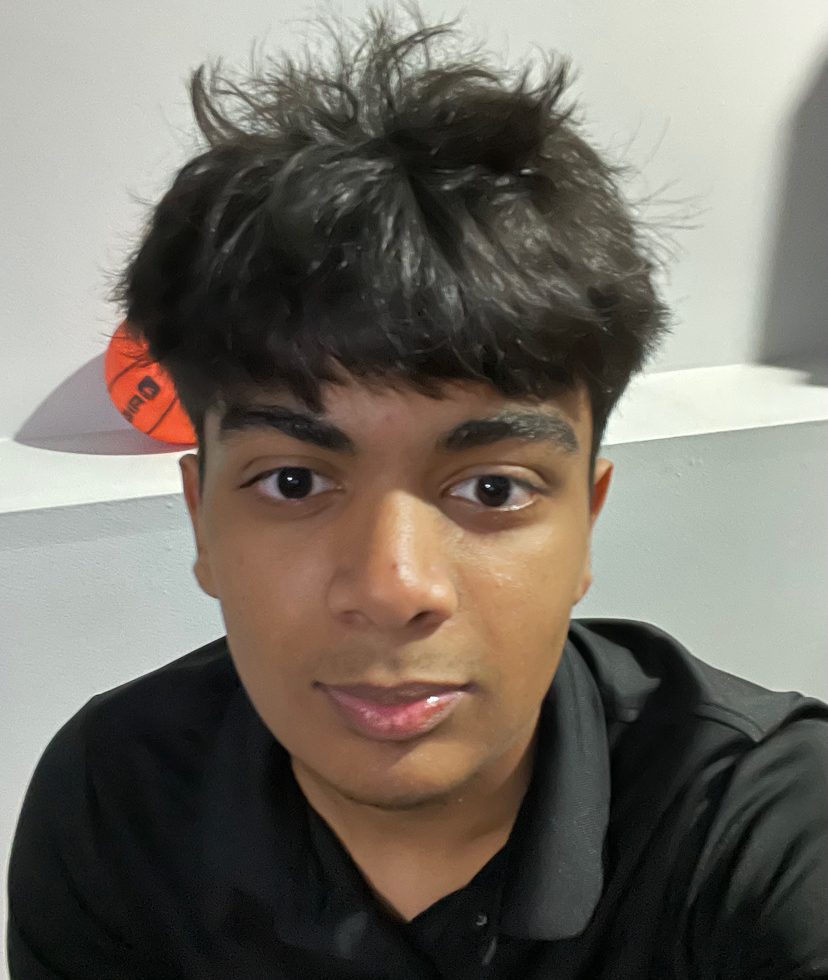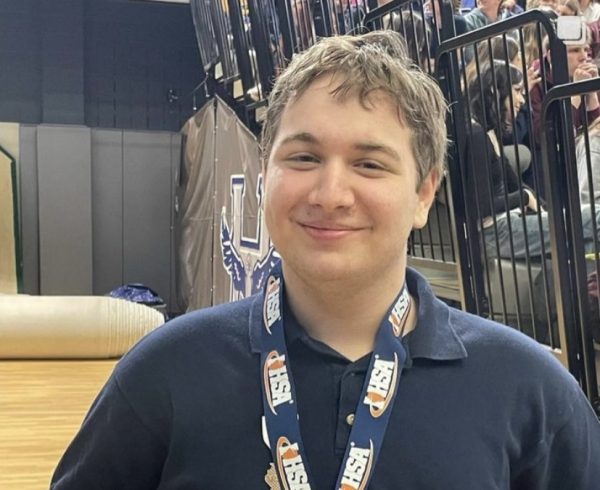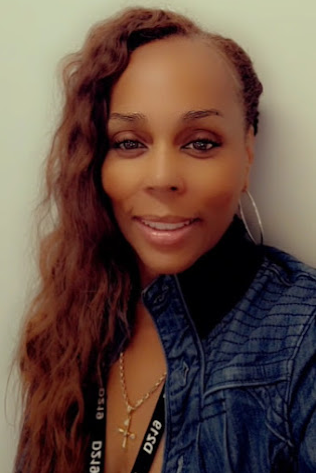
What is your name, position, and your pronouns? My name is Kia Pickett, I am the career counselor here at North, and my pronouns are she/her/hers.
What different jobs do you have at Niles North? Oh my goodness, let’s see: I was a former school counselor and then I transitioned to a career counselor. I’m a career counselor and Ms. G-S [is] the college counselor or the post-secondary counselor. I am [also] the sponsor for a Black Student Union (BSU). I am the sponsor for student council. I also am the sponsor for Impact Mentors and I think that’s about it. .
How does your job differ from that of Ms. G-S? Ms. G-S pretty much deals with the colleges and universities that students would like to go to after high school, but she also deals with building that bridge between career and college. We both kind of deal with each other, meaning, like, if my student wants to do, let’s just say, a pharmacy tech program at Oakton [Community College], right? So, that will align with Ms G-S’ program as far as helping the student do the application and do the financial aid for Oakton. We both can do the application, but it’s just a little bit easier because, at the end of each school year, we have to keep account of how many students go away to school, how many students do careers, and things of that nature. So, we kind of work hand-in-hand, but we do different things that ultimately come together.
What past experiences prepared you for your jobs at North? Just helping students in general when they need [help], because this position—career counselor—has only been up and running for two years. So, as a counselor, we kind of wore different hats to kind of help the students either get a job, do some internships, (if they wanted to) apprenticeship programs. Being a school counselor for so long really helped me to understand a little bit more about what the students need as an overall necessity.
What is your biggest accomplishment among your careers? I would like to say my career counselor position, only because it was something that was created from scratch within the district. It allowed me to have a little bit more flexibility, it allowed me to think outside of the box, and allowed me to meet students that I primarily would have met as a counselor. This [new position] kind of expanded that for me.
What is your favorite part of your job? Meeting with students, one-on-one, and taking them on the field trips that we have planned to give them [an] experience that they [otherwise] probably wouldn’t have. So, they can ultimately make up their mind and say, “oh, you know what? I don’t wanna be in the medical field. I wanna do something else.” Or, “Yes, I wanna be a cosmetologist because going to this place and hearing the people talk really made up my mind about what I wanted to do.” So, it’s that one-on-one. getting to know what they want to do, and then applying that with the field trips.
Which part of your job allows you to connect with students? The initial piece when they scan my QR code and say, “I need an appointment” [on the form]. That piece is very important to me because then you get to know the student on more of a deeper level, like the things that they wanna do. They can talk to their counselors all day long about, “This is what I wanna pursue after high school.” But for me, when they come here, it’s like, “I don’t think I wanna pursue college, maybe later on, but this is what I want to do right now.” Giving them [these] opportunities [by saying], “Well, these programs are out here that will pay for it in full, and they will give you a stipend,” or “They will let you do that apprenticeship program and give you a check.” Having those conversations with the students to let them know that there are more options out [there] for them to still pursue what they want to do after high school, makes me want to do this more and more. [It] allows me to know, if it’s important enough for them to come to see me [then] it is important enough for me to give them that information.
What do you wish people knew more about your job(s)? That we are working on building this department, this career department, to help students more with internships and apprenticeship programs. Right now we’re building that and hoping that next year, or the year after that there will be um a lot of opportunities for students that are going to a four-year university and students that are not. I want to be able to build on that platform in order for them to get [their preferred] experience so that they know what they’re getting into.
What do you enjoy doing after school? Oh, I gotta exercise. I have to exercise. That’s one of the things that helps me unwind because I could just put on my headphones and work out. Or if I have a partner with me we can talk and go through our day. When you’re distracted on that level, it helps you do more, so it’s beneficial. I get to release some stuff and I also get to finish out my workout with a bang.
What is your favorite school function? The after-school Black Student Union [meetings]. Just the meetings. The summit was awesome and great and that was my first year planning. But I think just having meetings with them, weekly or every two weeks—whenever they decide that they want to meet—I think that meeting with them really puts us in the same space with [the goal of] trying to better what we need to do as a club.
What do you consider your superpower? Building relationships. That’s my superpower.


